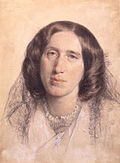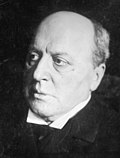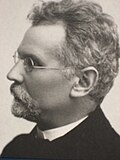This article has multiple issues. Please help improve it or discuss these issues on the talk page . (Learn how and when to remove these messages)
|
This is a list of fictional stories in which illegitimacy features as an important plot element. Passing mentions are omitted from this article. Many of these stories explore the social pain and exclusion felt by illegitimate "natural children".
Contents
- Written works
- Pre-Victorian
- Victorian
- Twentieth century
- Musicals
- Music
- Films
- Television
- Manga, anime, comic, game
- See also
- Notes
- References
Illegitimacy was a common theme in Victorian literature. "Illegitimacy was a popular subject for Victorian writers, not only because of its value as a plot device, but also because of the changing laws affecting illegitimate children and their parents which kept the topic in the public eye." [1]

































